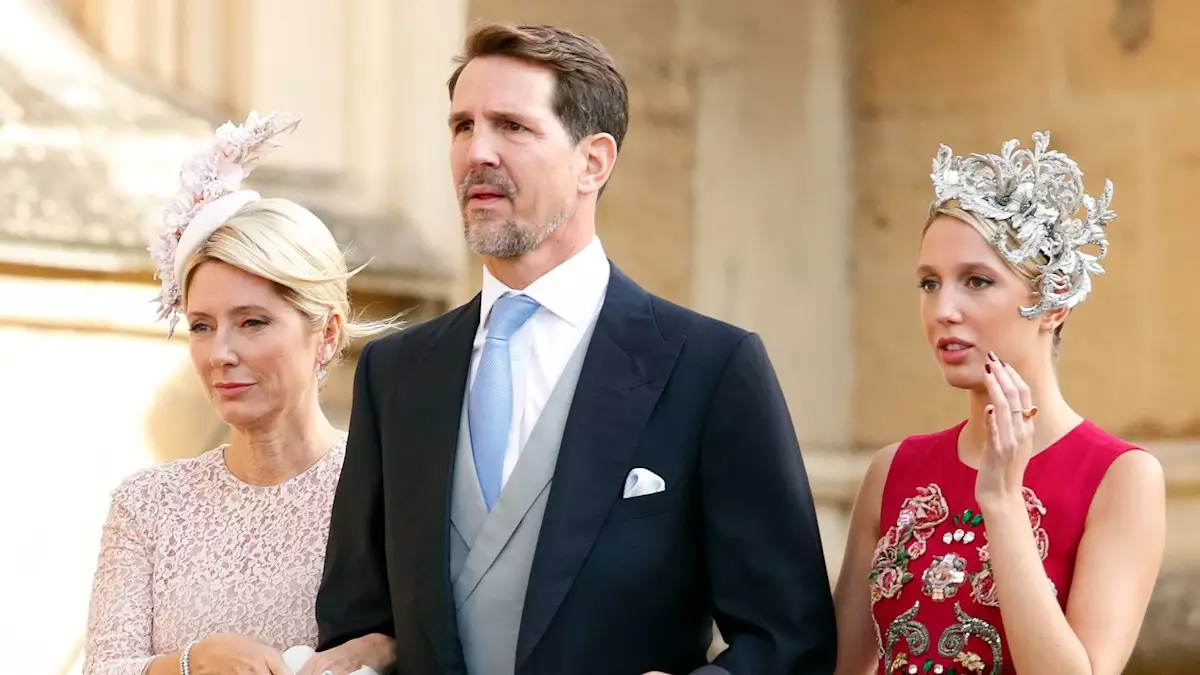In a notable turn of events, members of the Greek royal family are seeking to reintegrate into their homeland after decades of absence. Having acknowledged the political landscape of Greece as a republic, the royals are taking significant steps to reclaim their citizenship. This decision marks a shift from over fifty years of monarchy abolition that followed a turbulent period in Greece’s history. The royal family’s choice to embrace the present political structure is a profound gesture and opens a new chapter in their long and complicated relationship with the Greek state.
The journey of the Greek royals has not been without turmoil. King Constantine II, the last reigning monarch, ruled Greece from 1964 until the monarchy’s discontinuation in 1973. His reign was marred by political instability, culminating in a military junta that led to his eventual exile. A significant point of contention arose when Constantine attempted a counter-coup to reclaim his throne, which ultimately failed. As a result, the monarchy was formally abolished following a referendum confirming the people’s will for a republic.
In 1994, the landscape shifted again when the royal family was stripped of its citizenship due to disputes regarding royal properties and the refusal to renounce claims to the throne. The schism placed a barrier between the royals and their homeland, leading to decades of expatriation and disconnection from Greek society. This recent move to accept the current republican status signifies a matured perspective from the royals regarding their historical standing and a desire to forge ties with contemporary Greece.
In a historical declaration, members of the royal family, including all five of Constantine’s children, have embraced the title ‘de Grece’, translating to ‘of Greece.’ This name change is not merely cosmetic but signifies a willingness to identify with Greece as it stands today. It reflects a conscious departure from a bygone era and an attempt to connect with a nation that has evolved beyond royal rule.
While the decision includes a significant acknowledgment of Greece’s republican status, the path to citizenship is not yet secured. Official procedures dictate that any reinstatement must be published in the government gazette, after which the royals can apply for state identity cards and Greek passports. The anticipation surrounding this resolution indicates a pivotal moment for the former royals as they navigate their identity in a modern Greece that has largely moved on from its monarchical past.
The push for citizenship is occurring at a time when the Greek royal family is also experiencing personal milestones. Earlier this year, Princess Theodora celebrated her marriage in a ceremony that gathered considerable public affection and support. The delays in her wedding due to the pandemic and her father’s death speak to the royal family’s recent trials. Nonetheless, the event was marked by joy and a sense of communal connection, showcasing the public’s ongoing interest in their story.
Crown Prince Pavlos’ role during the celebrations exemplified the family’s commitment to public engagement. His live interactions with the crowd highlighted the family’s desire to rekindle ties with the Greek populace. This engagement suggests that the royal family is eager to reaffirm their place in Greek society, even as they contend with the challenges of their historical narrative.
As discussions unfold regarding the royal family’s citizenship, the prospects for their future in Greece remain a focal point of public interest. Athanasios Balerpas, an official in the Interior Ministry, portrayed the situation as a resolution of a “historically pending matter,” indicating a communal sense of closure. The royal family’s acceptance of Greece as a republic might symbolize their readiness to integrate fully into contemporary national identity.
The journey ahead of the Greek royals is emblematic of broader themes of reconciliation, identity, and belonging. As they seek to navigate the complexities of their heritage while respecting the contemporary realities of Greece, their quest for citizenship could serve as a bridge to foster better relationships with the Greek people. In essence, this ongoing dialogue between the past and present can potentially redefine the legacy of the Greek royal family within a nation focused on its evolving identity.

